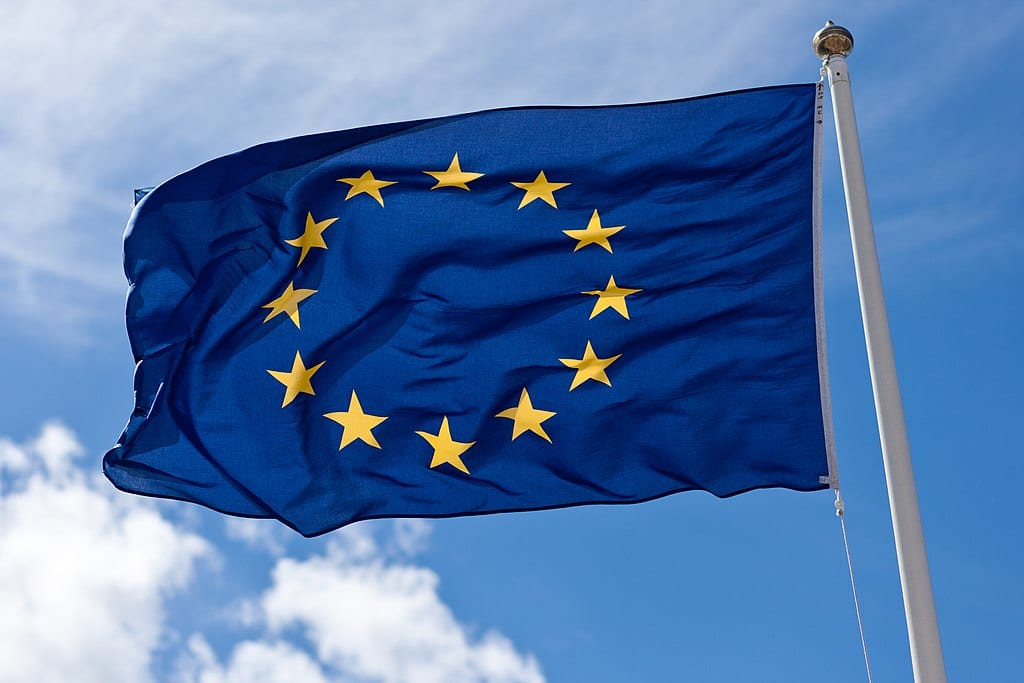
New strategy to prevent trafficking, break criminal business models, protect and empower victims
The Commission is presenting today a new Strategy on Combatting Trafficking in Human Beings (2021-2025), focusing on preventing the crime, bringing traffickers to justice and protecting and empowering victims. Between 2017 and 2018, there were more than 14,000 registered victims within the European Union. Globally, traffickers make estimated profits of €29.4 billion in a single year. With demand for exploitation expected to continue, traffickers moving their acts online and the pandemic likely to create the conditions for increased exploitation, today’s strategy sets out the measures that will allow the EU and its Member States to continue strengthening their response.
Vice-President for Promoting our European Way of Life, Margaritis Schinas, said: ”Fighting trafficking in human beings is part of our work towards building a Europe that protects. Traffickers prey on people’s vulnerabilities. With today’s Strategy, we are taking a three-pronged approach, using legislation, policy and operational support and funding in tandem to reduce demand, break criminal business, and empower victims of this abominable crime.”
Commissioner for Home Affairs, Ylva Johansson, said: “Trafficking in human beings is a crime that should have no place in our societies. Yet, criminals continue to traffic victims, mainly women and children, and mostly for sexual exploitation. We owe the victims protection, and we need to bring to justice the perpetrators who treat human beings as a commodity. We will look at the rules in place to check if they are still fit for purpose and we will assess the possibility of criminalising the use of exploited services from trafficking victims”.
The strategy builds on the EU’s comprehensive legal and policy framework in place to address trafficking in human beings, rooted in the Anti-trafficking Directive. The Commission will continue to support Member States in the implementation of the Directive and, if necessary, will propose revisions to make sure it is fit for purpose. The EU anti-trafficking coordinator will continue to play a key role in the implementation of this strategy.
Read more here.
